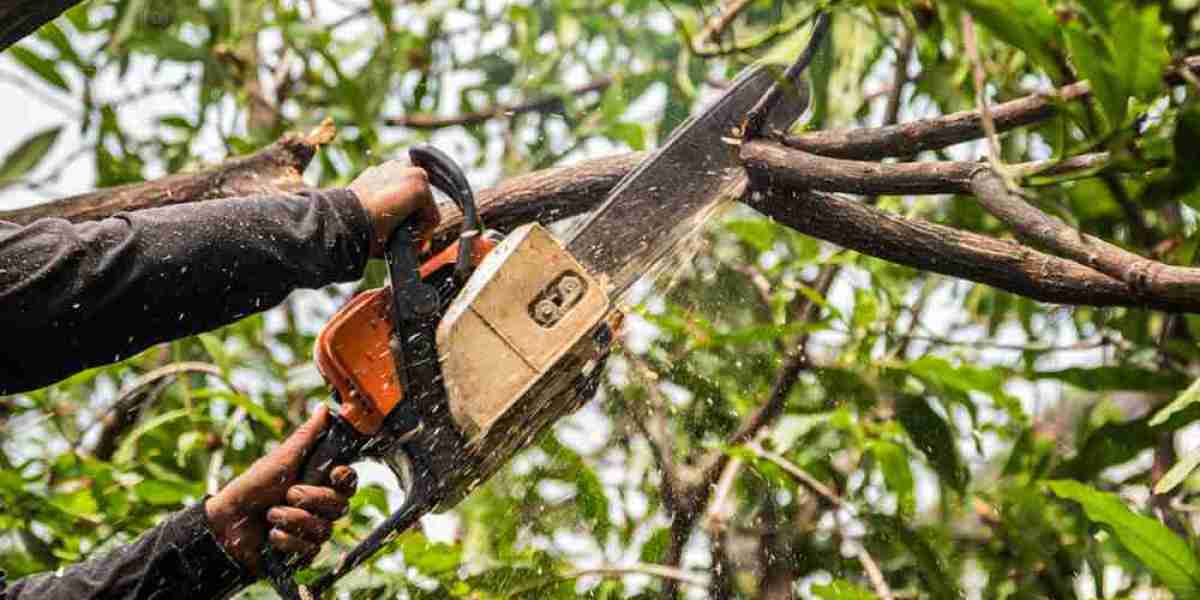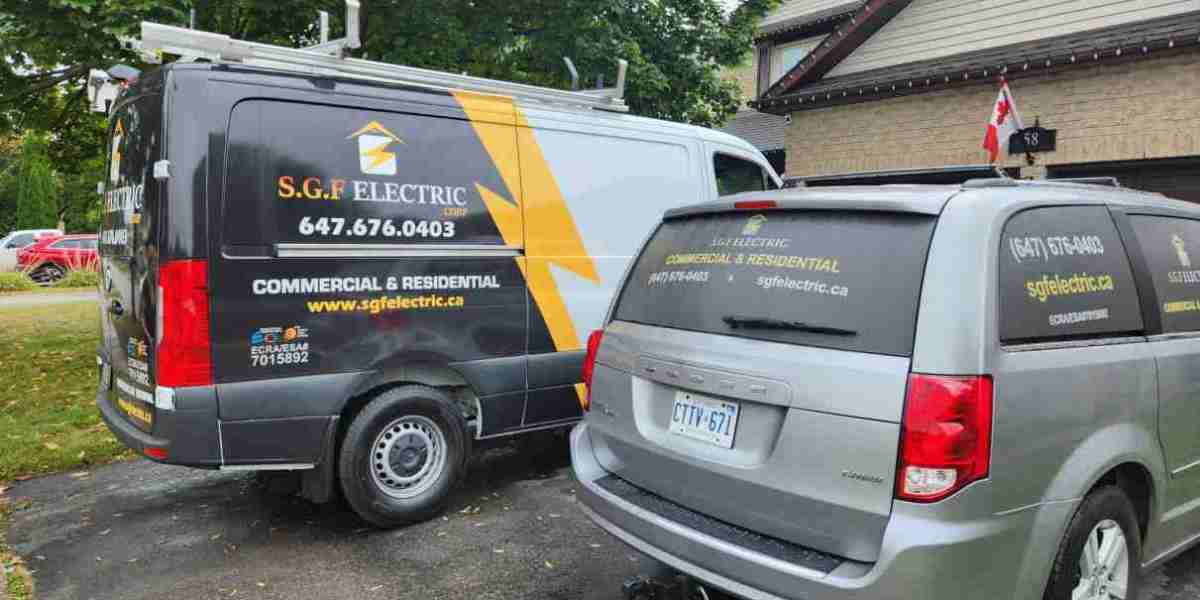Maintaining the trees on your property is essential for safety, aesthetics, and environmental health. However, professional tree services can sometimes be expensive, leading homeowners to delay necessary care or attempt risky DIY solutions. The good news? Affordable tree service doesn’t mean sacrificing quality. With the right approach, you can keep your trees healthy, enhance curb appeal, and avoid costly hazards—all without breaking the bank.
In this guide, we’ll explore:
✔ Why budget-friendly tree care matters
✔ How to find affordable yet reliable tree services
✔ Cost-saving tips for tree maintenance
✔ When to DIY vs. hiring a professional
✔ Red flags to avoid with cheap tree services
Let’s dive in!
Why Affordable Tree Care Matters
Trees provide shade, improve air quality, and boost property value—but neglecting them can lead to:
Safety hazards (falling branches, uprooted trees)
Pest infestations & disease spread
Lower property appeal & value
While professional tree services are an investment, cost-effective options exist that still ensure expert care. The key is balancing affordability with expertise.
How to Find Reliable Yet Affordable Tree Services
Not all tree care companies are equal—some cut corners to offer low prices, while others provide fair rates without sacrificing quality. Here’s how to find the best deal:
1. Compare Multiple Quotes
Always get estimates from at least three local tree services. Prices can vary significantly based on:
Tree size & type (large oaks cost more to trim than small maples)
Job complexity (emergency storm cleanup vs. routine pruning)
Equipment needed (crane vs. standard climbing)
Tip: Ask for a detailed breakdown of costs to avoid hidden fees.
2. Look for Seasonal Discounts & Off-Peak Deals
Many tree companies offer discounts during winter or early spring when demand is lower. Some may also provide:
Senior/military discounts
Neighborhood group discounts (if multiple homes need service)
Package deals (e.g., trimming + stump grinding)
3. Check for Licensed & Insured Companies
A cheap service that isn’t insured could leave you liable for injuries or property damage. Always verify:
Certifications (ISA Certified Arborists preferred)
Insurance (workers’ comp & liability)
Online reviews (Google, Yelp, BBB)
Warning: Avoid door-to-door "storm chasers" offering suspiciously low prices—they often lack proper credentials.
4. Consider Local Small Businesses
Big-name companies may charge premium rates, while local, family-owned tree services often provide:
Lower overhead costs = better pricing
Personalized service & faster response times
Community reputation (word-of-mouth referrals)
Smart Ways to Save on Tree Maintenance
1. Schedule Regular Pruning (Prevent Bigger Costs Later)
A little maintenance now prevents expensive emergency removals later. Routine pruning:
Reduces storm damage risk (weak limbs fall first)
Improves tree health (prevents disease spread)
Keeps growth under control (avoiding power line issues)
2. Opt for Stump Grinding Instead of Full Removal
If a tree must be cut down, stump grinding is often cheaper than full extraction since it requires less labor.
3. DIY What You Safely Can
For small jobs, you might handle:
✅ Light pruning (small branches with hand tools)
✅ Leaf & debris cleanup
✅ Mulching & basic tree care
Leave these to the pros:
❌ Large tree removal (risk of injury/property damage)
❌ Work near power lines (extremely dangerous)
❌ Diseased tree handling (can spread to other plants)
4. Rent Equipment Instead of Paying for Full Service
If you’re experienced, renting a wood chipper or stump grinder for a day can be cheaper than hiring a crew.
When to Hire a Professional (Even on a Budget)
Some tree jobs are too risky or complex for DIY. Call a pro for:
✔ Large or leaning trees near structures
✔ Signs of disease (unusual spots, fungus, dead branches)
✔ Emergency storm damage cleanup
✔ Root system issues (lifting sidewalks, sewer line intrusions)
Pro Tip: Some companies offer payment plans for major jobs—ask before ruling out necessary work.
Red Flags of Cheap (But Shady) Tree Services
Not all low-cost options are trustworthy. Watch for:
? No insurance or licensing (huge liability risk!)
? Demands full payment upfront (reputable companies take deposits)
? No written contract (always get terms in writing)
? Unprofessional communication (poor reviews, no website)
Final Thoughts: Affordable Doesn’t Mean Low-Quality
With smart planning, you can keep your trees healthy and your property safe without overspending. The key takeaways:
? Compare quotes & read reviews before hiring
? Preventative care saves money long-term
? Know when to DIY vs. call a pro
? Avoid uninsured "too good to be true" deals








